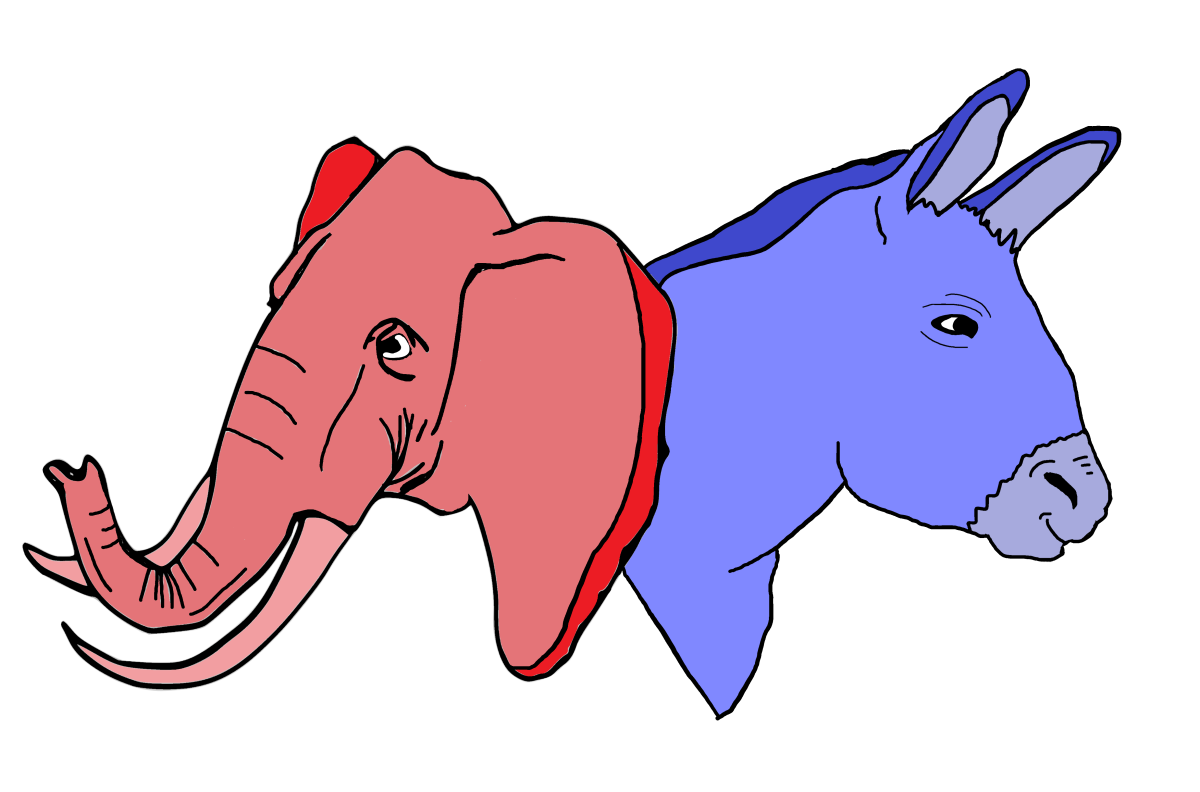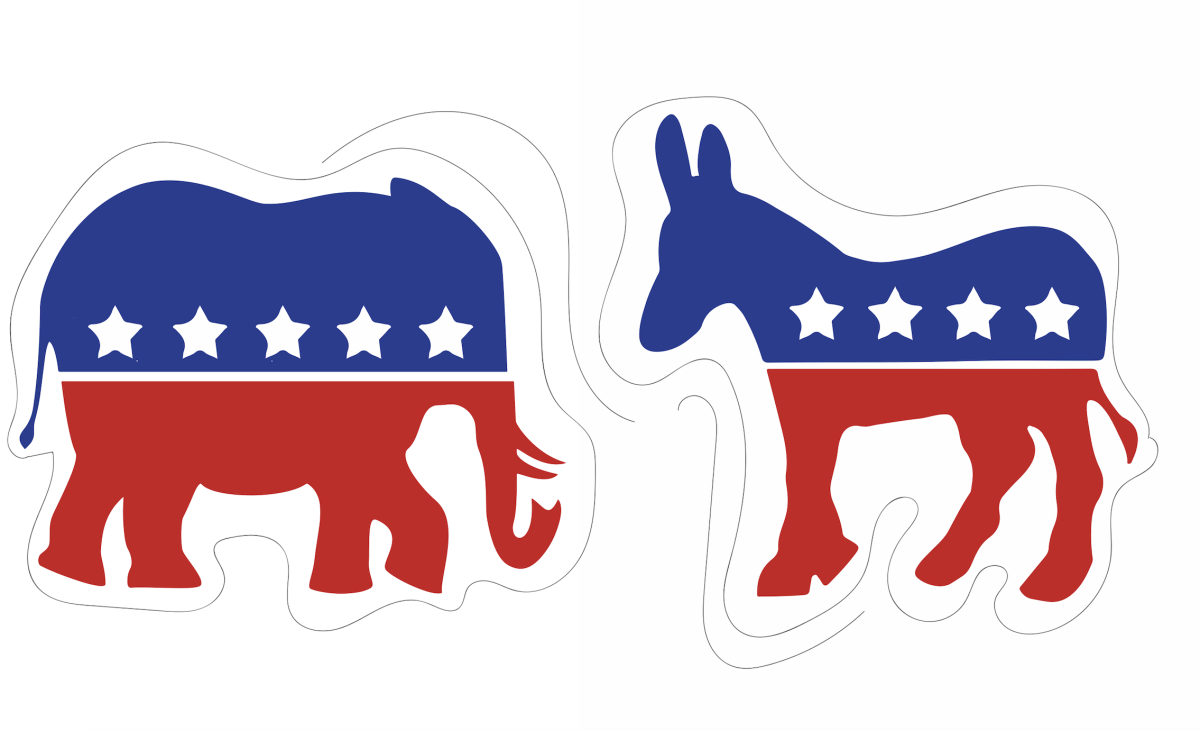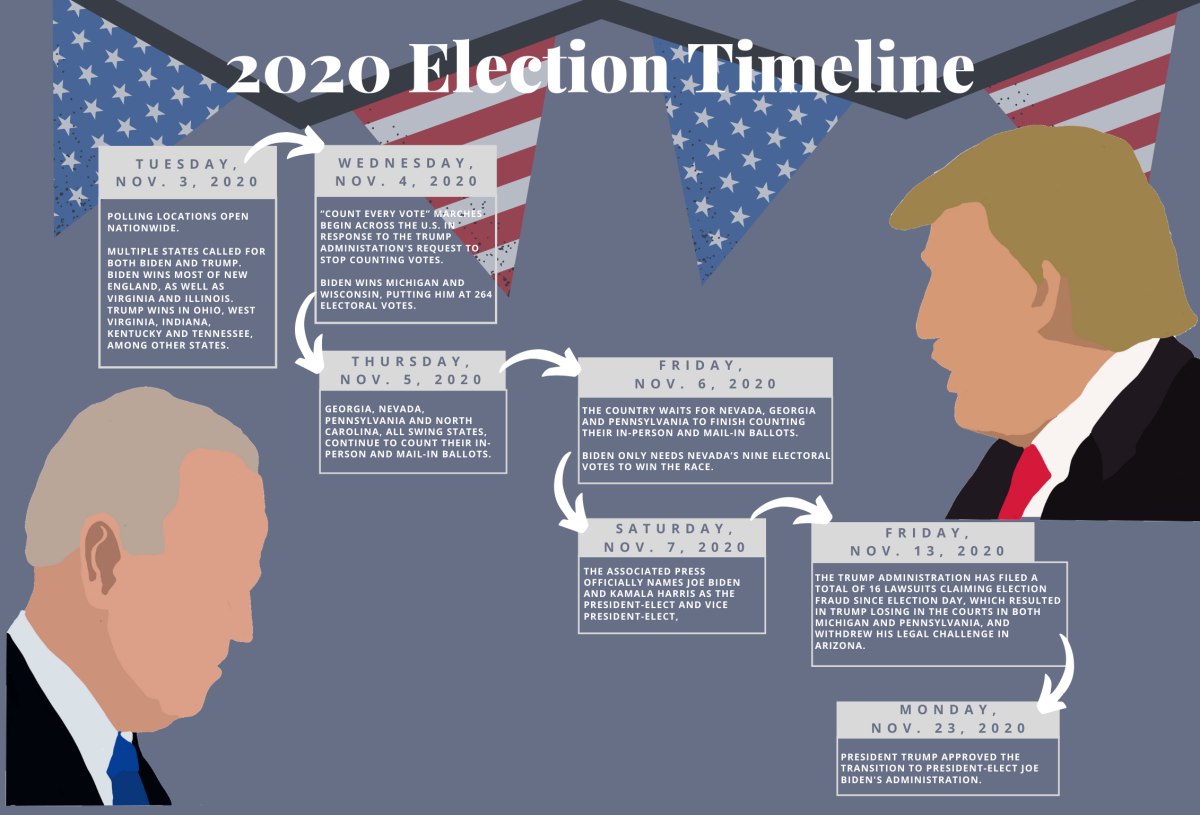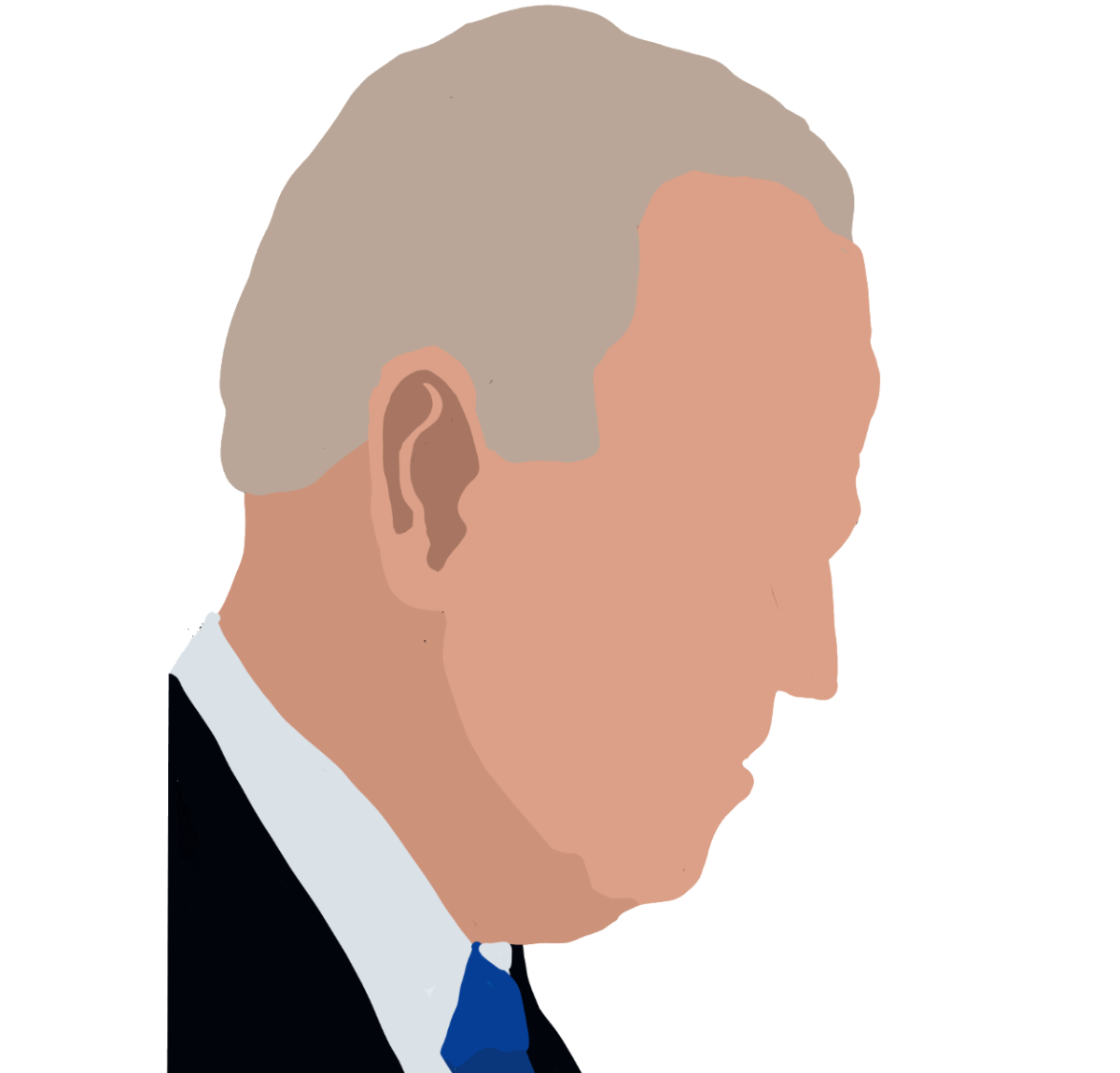With the first 2020 presidential debate on Sept. 29, last week was anticipated to be a significant point in the election. What was not anticipated was U.S. President Donald Trump contracting COVID-19, which he announced on Oct. 2, just three days after the debate. This news could impact voters’ opinions even more than the debate.
The first question moderator Chris Wallace posed to President Trump and Democratic presidential nominee Joe Biden was their opinion on President Trump nominating a U.S. Supreme Court Justice, following the death of Supreme Court Justice Ruth Bader Ginsburg, so close to the election. He also asked when Amy Coney Barrett, the president’s nominee, would take the court.
President Trump argued that as sitting president, he is entitled to fill the Supreme Court seat, and praised Barrett as an academic endorsed and well liked by liberals. Biden rebutted by saying that the election has already started, with people voting early and mailing in their ballots, and the American people should choose who the Supreme Court nominee is through this election.
While he acknowledged Barrett’s accomplishments, Biden asserted that women’s rights could be fundamentally changed by Barrett’s confirmation to the Supreme Court.
This proves that when you vote for a president, you do not just choose who sits in the Oval Office. You also choose who the president appoints, whether it be a Supreme Court seat or a cabinet position.
If you have been on social media in the past week, you have probably heard the quote “bad things happen in Philadelphia.” While, in true Philly fashion, the phrase has become a self-deprecating joke, it has not been spread on the Internet what “bad things” the president was referring to.
President Trump accused officials of blocking poll watchers for recently opened satellite election sites in the city. He said, “ were thrown out, they weren’t allowed to watch. You know why? [Because] bad things happen in Philadelphia, bad things.” Essentially, he was insinuating that the city is allowing voter fraud.
Philadelphia City Commissioner Al Schmidt proved this claim to be false, clarifying, “The satellite offices are Board of Elections Offices that provide voter services to the residents of Philadelphia for mail-in ballots. Satellite offices are not polling places and poll watcher certificates have not been issued for any individuals for anything other than poll watching activities on Election Day at Polling Places. So individuals seeking to receive services from a satellite office are not permitted to be there for other purposes.”
It is unfortunate that this effort by the city to increase voter turnout among marginalized communities is under attack. It is yet another example of the president accusing any effort to make voting more accessible as fraudulent, similar to his claims about mail-in voting.
Perhaps the moment of the debate that garnered the most attention was the president’s refusal to condemn white supremacy. Wallace asked, “Are you willing, tonight, to condemn white supremacist and militia groups, and to say that they need to stand down and not add to the violence?” President Trump asked for a name of a specific group, and when Biden suggested the Proud Boys, instead of telling them to stand down, President Trump said, “Proud Boys – stand back and stand by.”
The Proud Boys describe themselves as “a pro-Western fraternal organization for men who refuse to apologize for creating the modern world; aka Western Chauvinists.” They are tied to violent protests, many of which were in support of the president.
While it is easy to think that everyone in the country has already decided who they are voting for, this statement could show undecided voters that it is not just liberal propaganda making it seem like President Trump supports white supremacist groups —he said it himself.
Just a little over 48 hours after the debate ended, President Trump announced via Twitter that he and first lady Melania Trump tested positive for COVID-19. While the coronavirus pandemic is often referred to as unprecedented, this situation is especially so. This diagnosis is the most serious known health threat to a sitting president since former U.S. President Ronald Reagan was non-fatally shot in 1981.
In what is arguably the most important month of the presidential election, President Trump has already had to cancel events, including a fundraiser in Washington and a campaign rally in Florida. At past campaign rallies, President Trump defied COVID-19 guidelines by filling arenas and denying the severity of the pandemic in his speeches.
It is clear that for the remainder of his campaign, President Trump’s rhetoric surrounding the coronavirus pandemic will have to change, as it is impossible for him to continue saying the virus affects “virtually nobody,” without referring to himself as a nobody.
This has been a whirlwind week for the election, with both the expected sound bites of the debate, and the unexpected announcement that President Trump himself is susceptible to this virus. Get ready for an unpredictable next month.





















































